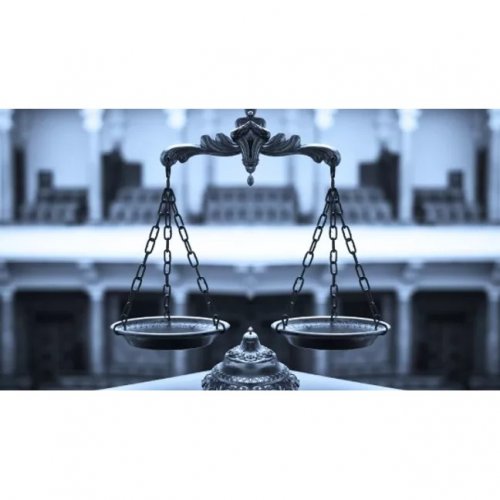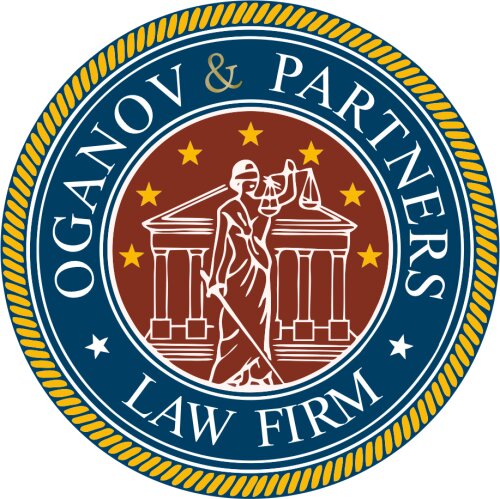Best Admiralty & Maritime Lawyers in Greece
Share your needs with us, get contacted by law firms.
Free. Takes 2 min.
Or refine your search by selecting a city:
List of the best lawyers in Greece
About Admiralty & Maritime Law in Greece
Admiralty and Maritime Law in Greece is a specialized branch of law that deals with issues related to maritime activities and nautical matters. Given Greece's extensive coastline and a rich maritime tradition, these laws are pivotal in regulating maritime commerce, navigation, shipping, and marine environmental conservation. Greece is a key player in the global shipping industry, with Piraeus being one of the largest ports in Europe, further emphasizing the importance of Admiralty and Maritime Law within the country's legal framework.
Why You May Need a Lawyer
There are several common scenarios where you might need legal assistance in the area of Admiralty and Maritime Law:
- Disputes related to shipping contracts or charter parties.
- Claims for damages due to maritime accidents or environmental incidents.
- Issues with maritime labor disputes, including crew wages and employment conditions.
- Legal advice on maritime insurance claims.
- Assistance with ship registration and compliance with international maritime regulations.
- Burden sharing in cases of salvage efforts and understanding the legal ramifications.
Local Laws Overview
Greece's maritime laws are primarily influenced by international conventions, such as the United Nations Convention on the Law of the Sea (UNCLOS), and EU regulations. Key aspects include:
- Flag State Control: Greece maintains strict requirements for ships flying its flag, including inspections and compliance with safety regulations.
- Limitation of Liability: Greece applies international conventions that allow shipowners to limit their liability under certain circumstances.
- Maritime Environmental Laws: Laws addressing pollution and environmental conservation are strictly enforced, reflecting international maritime environmental commitments.
- Maritime Commerce: Shipping contracts and transactions are governed by both national and international shipping laws.
- Sailor's Rights: Regulations protecting maritime labor rights, in compliance with international labor standards.
Frequently Asked Questions
What is the role of Admiralty and Maritime law in Greece?
It governs a wide range of nautical issues, from commercial shipping operations and marine navigation to employment on ships and maritime insurance claims.
What should I do if I am involved in a maritime accident?
Immediately report the accident to the authorities, contact your insurance company, and seek legal advice to ensure your rights are protected.
How do I register a ship under the Greek flag?
Registration involves meeting specific criteria set by the Greek Shipping Registry, including ship inspections and compliance with maritime laws and safety regulations.
What are charter parties and how do they work?
Charter parties are contracts between a shipowner and a charterer, outlining the terms and conditions for the charter of a ship.
What is the process to file a maritime insurance claim?
Gather all relevant documentation, report the incident to your insurer, and follow the claims procedure outlined in your insurance policy.
Are there specific legal protections for maritime employees?
Yes, maritime employees in Greece are protected under domestic laws aligned with international labor standards, ensuring fair treatment and working conditions.
How are disputes in maritime commerce resolved?
Disputes may be resolved through negotiation, arbitration, or litigation in Greek courts or international maritime tribunals.
What is salvage law?
Salvage law addresses the compensation entitled to those who successfully recover a ship or its cargo from peril at sea.
How does one become a recognized maritime law practitioner in Greece?
Attorneys must obtain a law degree, pass the Greek bar examination, and acquire experience or specialization in maritime law.
What are the penalties for non-compliance with maritime environmental laws?
Penalties range from fines to imprisonment, depending on the severity of the violation and the impact on the marine environment.
Additional Resources
For additional information and resources on Admiralty and Maritime Law in Greece, consider the following:
- The Ministry of Maritime Affairs and Insular Policy
- The Hellenic Chamber of Shipping
- The Greek Shipping Co-operation Committee
- The Seamen's Pension Fund (NAT) for maritime workforce support
- International Maritime Organization (IMO) for global standards and regulations
Next Steps
If you require legal assistance in Admiralty and Maritime matters, consider the following steps:
- Identify and consult with a specialized maritime lawyer who understands the nuances of both Greek and international maritime law.
- Prepare and organize any relevant documents related to your maritime issue.
- Consider membership or consultation with relevant maritime organizations for support and guidance.
- Stay informed about changes in maritime laws and regulations that may affect your situation.
Taking these steps can help ensure you receive the proper legal guidance and support in addressing your maritime issues effectively.
Lawzana helps you find the best lawyers and law firms in Greece through a curated and pre-screened list of qualified legal professionals. Our platform offers rankings and detailed profiles of attorneys and law firms, allowing you to compare based on practice areas, including Admiralty & Maritime, experience, and client feedback.
Each profile includes a description of the firm's areas of practice, client reviews, team members and partners, year of establishment, spoken languages, office locations, contact information, social media presence, and any published articles or resources. Most firms on our platform speak English and are experienced in both local and international legal matters.
Get a quote from top-rated law firms in Greece — quickly, securely, and without unnecessary hassle.
Disclaimer:
The information provided on this page is for general informational purposes only and does not constitute legal advice. While we strive to ensure the accuracy and relevance of the content, legal information may change over time, and interpretations of the law can vary. You should always consult with a qualified legal professional for advice specific to your situation.
We disclaim all liability for actions taken or not taken based on the content of this page. If you believe any information is incorrect or outdated, please contact us, and we will review and update it where appropriate.
Browse admiralty & maritime law firms by city in Greece
Refine your search by selecting a city.
















